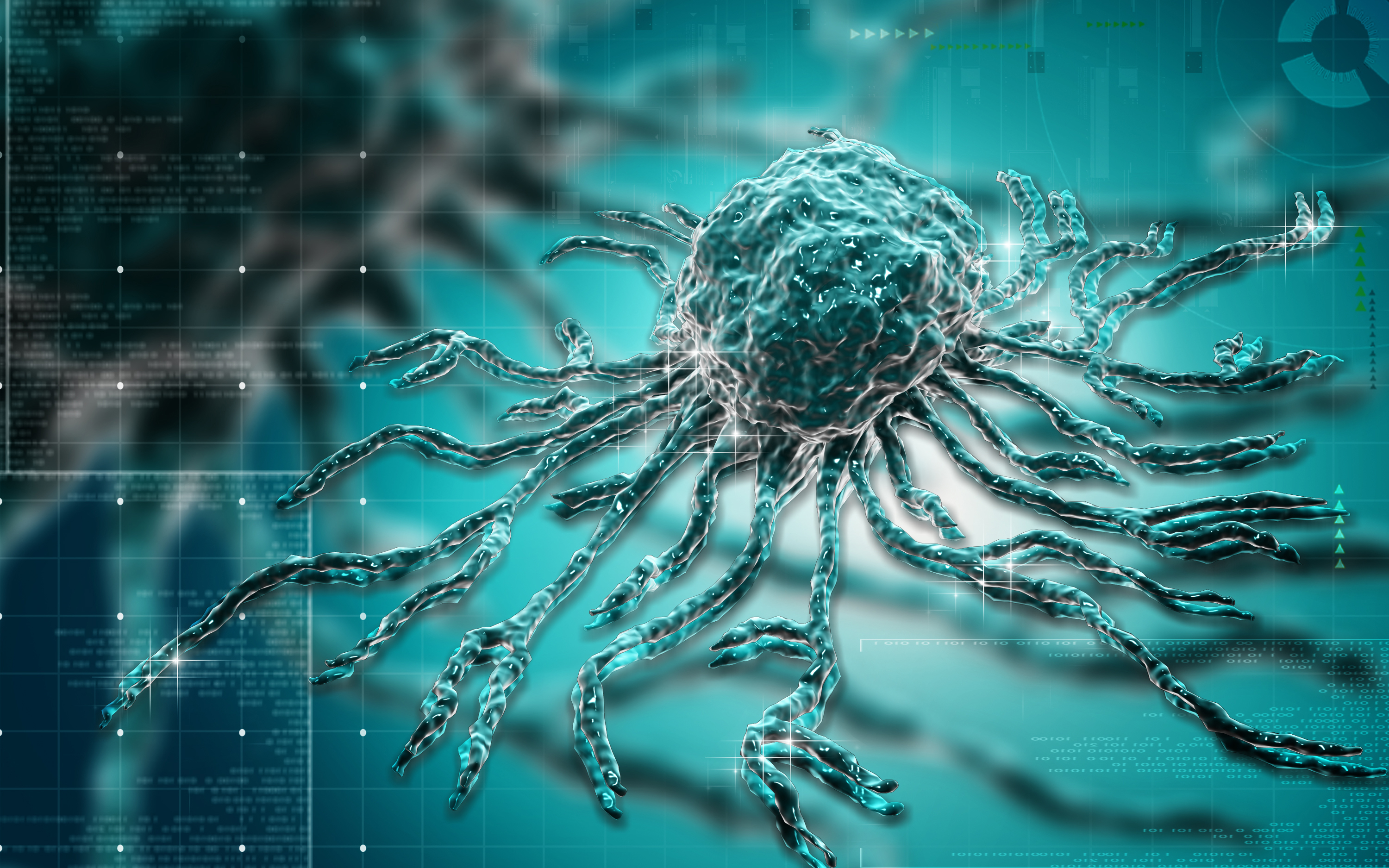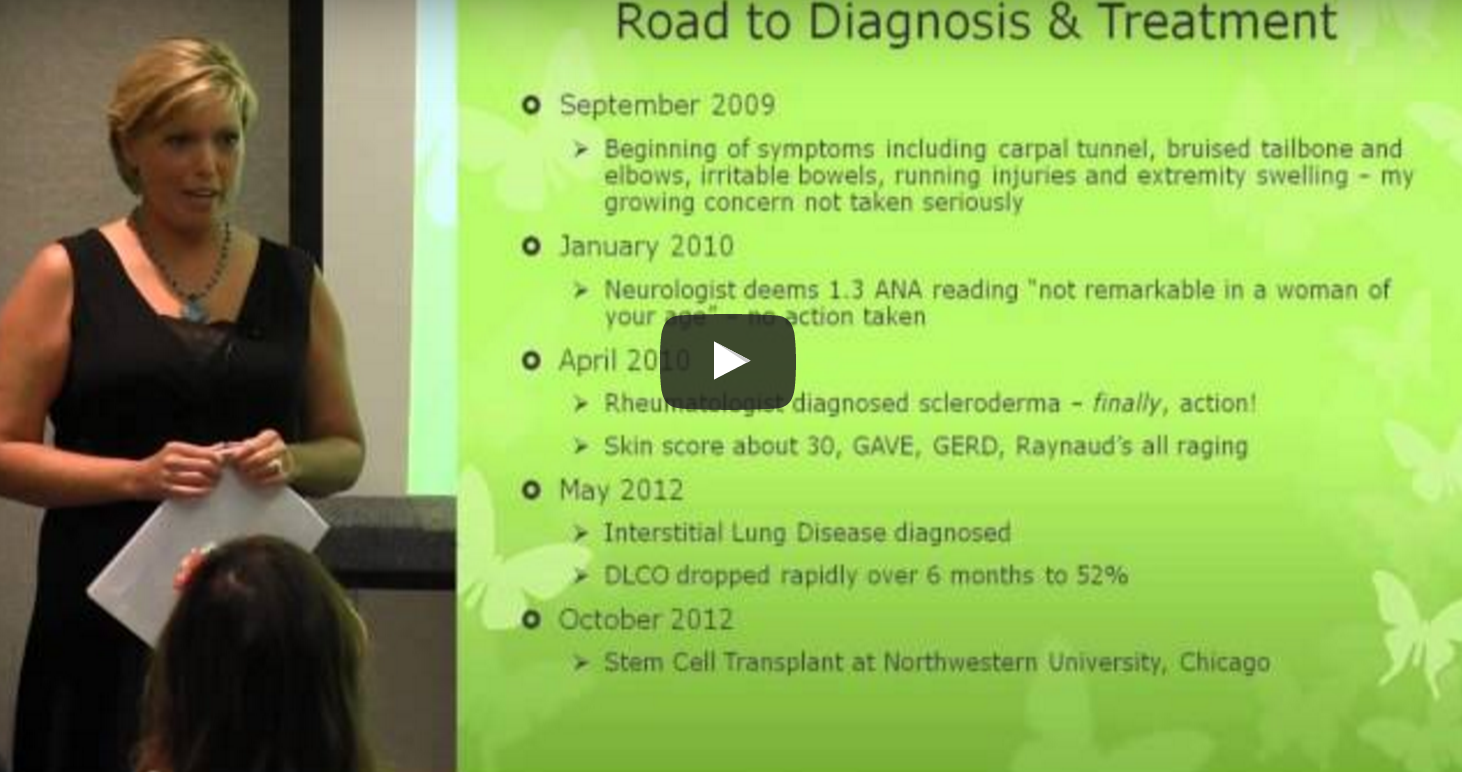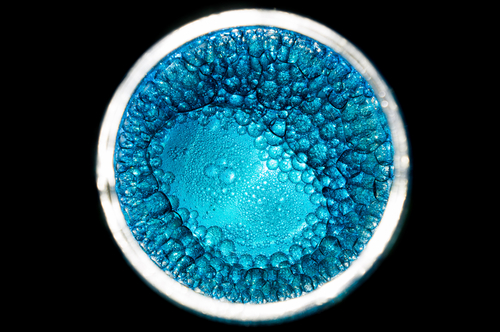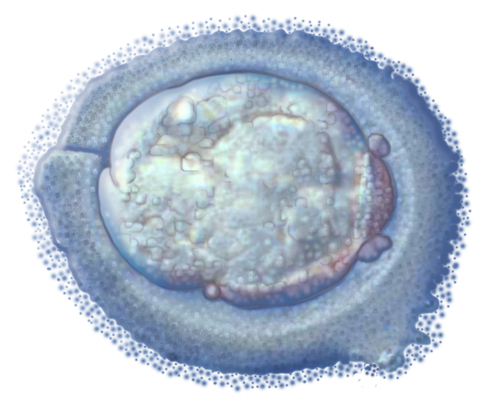5 HSCT Articles You Can’t Miss
Written by |

1. HSCT Seen as Superior to Current Therapies for Severe, Progressive Sclerosis

2. Spotlight on an Ssc Patient and Stem Cell Therapy: Katrina Brown

3. Hematopoietic Stem Cell Transplant (HSCT): A Patient’s Perspective

4. Human Stem Cell Transplantation Revealed As Promising Treatment For Systemic Sclerosis

5. Stem Cell Transplantation Benefits 94% of Diffuse Cutaneous SSc Patients

Scleroderma News is strictly a news and information website about the disease. It does not provide medical advice, diagnosis or treatment. This content is not intended to be a substitute for professional medical advice, diagnosis, or treatment. Always seek the advice of your physician or other qualified health provider with any questions you may have regarding a medical condition. Never disregard professional medical advice or delay in seeking it because of something you have read on this website.





